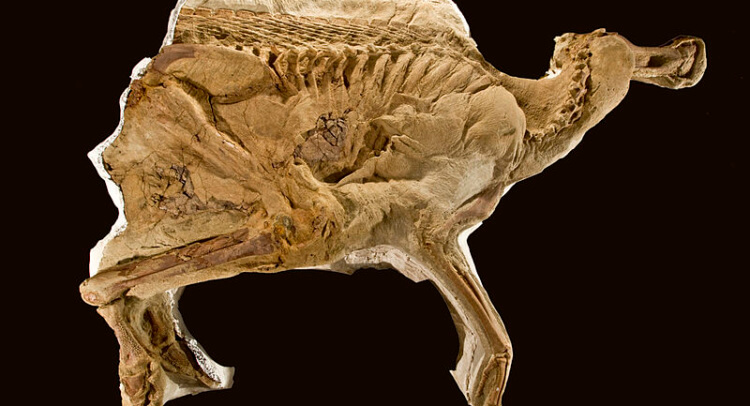
This archived news article is over 5 years old.
Researchers Isolate Peptides from Dinosaur Collagen, Proving That Proteins Can Persist for 80 Million Years
Joanna Lawrence
23rd January, 2017


Joanna Lawrence
23rd January, 2017
